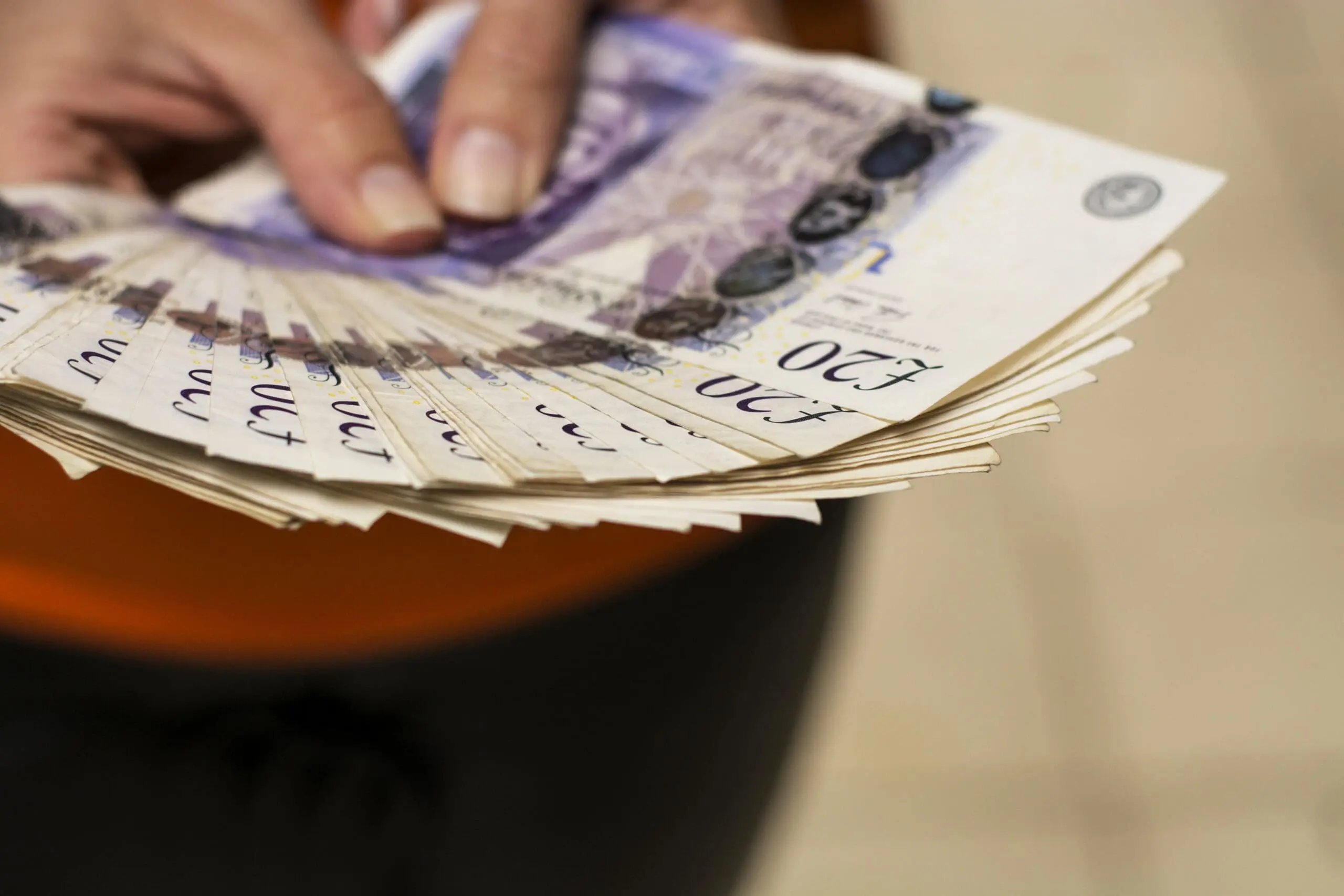£1.3 billion BT compensation trial ends and billions more could be owed to UK consumers
BT is just one of 12 major consumer lawsuits that could leave UK consumers owed £22.5 billion in compensation payouts
The class action trial seeking £1.3 billion in compensation over claims the telecoms group overcharged for landline services ends today. More than 3 million BT customers could receive up to £400 each.
But this is just the tip of the iceberg for claims like these. Twelve major consumer lawsuits that have been given the green light to go to trial – and there are more waiting in the wings.
Household names, such as Apple, Google, Mastercard and Sony have, like BT, been accused of breaching competition law and ripping off customers. They will follow BT by being put on trial over the coming years, unless they settle first.
Justin Le Patourel, the telecoms consumer rights expert behind the claim against BT, said:
‘It’s been a privilege to take this case to trial on behalf of affected BT customers, and it represents a watershed moment in the collective proceedings regime. I’ve been pleased by the close attention the Tribunal has shown to the issues in dispute, and believe that the evidence has proven the strength of our case against BT.
‘My hope is that the Tribunal makes a judgment in our favour, and that we can move towards providing redress to BT customers who have suffered years of unfair prices.’
A decision from the court about whether BT customers will be owed a payout will be made in the coming months.
Household consumer brands on trial
Twelve consumer lawsuits accusing big brands of bumping up prices and ripping off consumers have been certified to go to trial by the UK competition court. This is a significant signal that the court thinks there is a case to answer.
If won, these claims could leave UK consumers owed up to £22.5 billion – see table 1. Our analysis of these claims shows that every adult in the UK may be entitled to money back from four of these group claims on average.
Table 1 – consumer brands on trial at the Competition Appeal Tribunal
| Claim1 | Consumers affected | Estimated payout |
| Apple App Store | 19,600,000 | £1,500,000,000 |
| Apple iPhone | 23,800,000 | £853,000,000 |
| BT Landline | 3,700,000 | £1,300,000,000 |
| Car delivery costs | 17,000,0002 | £150,000,000 |
| 46,000,000 | £2,100,000,000 | |
| Google Play Store | 19,500,000 | £920,000,000 |
| Govia Thameslink trains | 3,218,000 | £73,300,000 |
| Mastercard | 46,000,000 | £10,000,000,000 |
| Qualcomm | 30,000,000 | £480,000,000 |
| Sony Playstation | 8,900,000 | £5,000,000,000 |
| South Western trains | 2,076,038 | £57,000,000 |
| Southeastern trains | 885,012 | £36,000,000 |
| Total | 220,679,050 | £22,469,300,000 |
1Cases certified under ‘Section 47B Competition Act 1998 (Collective Proceedings), excluding business to business claims. 2 This is based on the number of cars impacted.
The £22.5 billion is likely to be the tip of the iceberg as a further 19 claims are waiting to get the green light from the Competition Appeal Tribunal.
Alex Neill, co-founder of Consumer Voice, said:
‘Rule-breaking businesses will owe an eye-watering amount of money to consumers. Yet people may not claim what they’re owed due to a lack of awareness of group claims, fears about scams and a perception that the process will be complicated.
‘We want to ensure people who have been ripped off are confident and ready to step forward when cases are won. These claims seek to level the playing field by holding companies accountable for their actions and helping people get back what they’re owed.’
How much could I be owed?
How much people are owed will vary depending on their circumstances. BT customers could be in line for a £300 to £400 payout if the case is won.
In the biggest consumer claim in UK legal history, you could be owed £300 for simply buying goods and services from shops and supermarkets accepting Mastercard. If you have bought Sony PlayStation games or made in-game purchases you could be owed up to £560.
When will I know if I’m owed compensation?
The legal process of getting back what is owed to consumers takes time.
The trial against Mastercard is underway – with hearings scheduled to consider each issue in the claim. The trial that will consider whether the high fees of processing Mastercard payments were passed onto 46m UK shoppers will start in November 2024. But the final judgement on compensation is not expected until 2025 or 2026.
The claim against Govia Thameslink, and South Western and Southeastern train companies has also been split into three trials. A first trial will be held in June 2024 to explore whether these companies abused their dominant position in the market.
The trials against Apple App Store, Google Play Store and car delivery companies are set to start in 2025, and dates for the other claims are still to be determined.
More compensation lawsuits waiting to be certified
The £22.5 billion potentially owed to UK consumers from the 12 lawsuits currently on or going to trial is likely to be the tip of the iceberg.
There are 19 more major consumer claims – amassing an additional £17 billion in potential compensation – have been filed on behalf of UK consumers accusing big brands of breaching competition law and using a range of illegal practices which have meant higher costs for consumers.
For example:
- Amazon is accused of not always offering its customers the best deals in a £1.3 billion claim.
- Google is accused in a second major claim against the tech giant of anti-competitive behaviour costing UK consumers £7 billion.
- Five water companies are accused of underreporting sewage incidents resulting in customers being overcharged £800 million.
- Four mobile phone companies are accused of using their market dominance to levy a ‘loyalty penalty’ costing consumers £3.3 billion.
These claims – and other claims against Amazon and Apple, car finance companies and major cryptocurrency exchanges – are waiting to get the green light from the Competition Appeal Tribunal.
Holding rule-breaking companies to account
Holding rule-breaking companies to account is the number one reason for signing up to Consumer Voice for over half of our supporters.
The collective action regime plays an important role in helping consumers do this. The ability to bring group claims for breaches of competition law – like the 12 on trial – came into force under the Consumer Rights Act 2015 .
It enables consumers to hold big companies accountable for abusing their dominant position in the market without consumers having to foot the bill for legal action.
Compensation for UK consumers left out of pocket
Keeping track of these claims as they progress isn’t easy for consumers to manage.
Previous research from Consumer Voice shows that even when people know they are eligible for compensation they all too often don’t claim it because they think it might be too complicated or time consuming.
This is why we set up Consumer Voice to help people easily track the progress of each claim and make the process easy, quick and simple to work out if you’re eligible to claim.
Join our community for free
Support us on our mission to help consumers get back the money they’re owed from rule-breaking businesses by signing up to Consumer Voice.
Our community is free to join and we will tell people about the cases they could be eligible to be part of and help them track the progress of these often lengthy court cases.
What are group claims?
It isn’t always obvious when you’ve been ripped off by the companies you deal with, and this can make it impossible to stand up to big businesses. That’s why the law in the UK offers another route to accessing justice via a group claim or collective action.
This is where a legal claim is brought on behalf of a group of people who have all experienced a similar loss as a result of the law being broken. Law firms have to bring these group claims to a court or tribunal to get compensation for consumers.
These claims can either be brought by one individual representing others (like with the BT claim that’s being fronted by Justin Le Patourel) or by a number of individuals coming together to take the claim as a single group (think the Post Office horizon and VW emissions scandals).
Claims like the BT claim are known as opt out claims and can only be filed in cases concerning breaches in competition law. For example, an illegal cartel of businesses who cheat customers by agreeing not to compete, or companies that abuse their dominant market position by behaving in a way that will limit competition or harm consumers (e.g. by charging higher prices than they would in a competitive market).
Any other breaches in consumer laws would need to be filed as an opt-in claim – this is where court proceedings are issued for each individual in a claim and these are managed collectively. One of the largest consumer group collective actions of this kind is the VW diesel emissions claim in which claimants received a combined £193 million in an out-of-court settlement.
Related claims

Steam
Valve Corporation – who owns gaming platform Steam – is accused in £656m compensation lawsuit of blocking competition and overcharging 14m UK consumers.
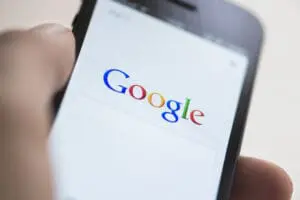
Google Search
Google is accused of anti-competitive behaviour by shutting out search engine competition in £7 billion lawsuit affecting 65 million UK consumers.

Sony Playstation
8.9m Playstation customers may have overpaid for games or in-app purchases and be owed hundreds of pounds in compensation. Sign up here for more information.

Google Play Store
Google faces a £920m consumer claim for excessive Play Store charges. Sign up for updates if you bought apps on your android since 1 October 2015.

BT Landline
BT sued for up to £1.3 billion in a claim representing 3.7m customers who were overcharged. Sign up to stay updated if you are or have been a BT landline customer.
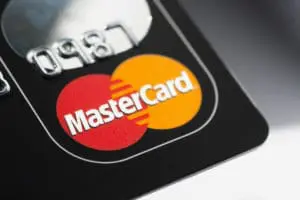
Mastercard
Mastercard is accused of owing up to £10bn to 46m UK shoppers. Sign up to stay updated – you could be owed money whether you had a Mastercard or not.
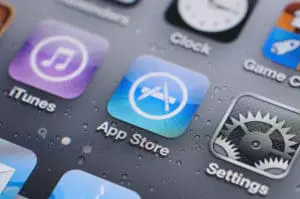
Apple App Store
Apple faces allegations of excessive App Store charges of £1.5bn. Sign up to stay updated if you bought apps on your iPhone or iPad since 1 October 2015.
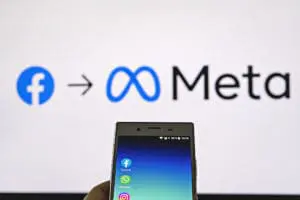
Facebook faces a £2.1bn legal claim that alleges it exploited 46m UK users by unfairly profiting from their data. Sign up to stay updated.
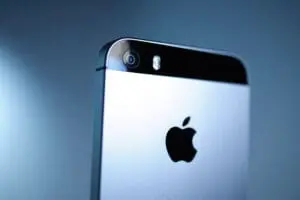
Apple iPhone
Apple accused of selling iPhones with defective batteries that caused performance problems in £853m legal claim. Sign up for updates.


